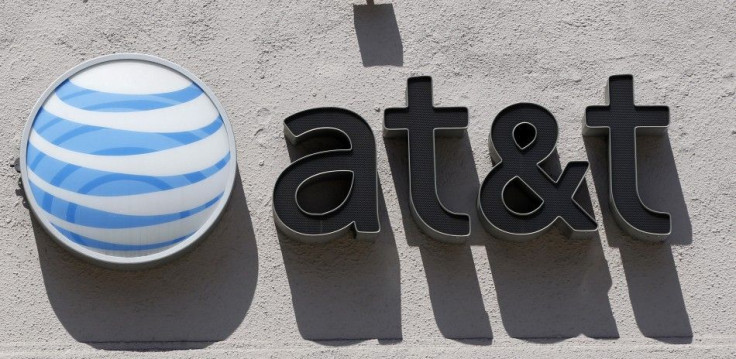Judge Sets February 13 Date for AT&T Antitrust trial

A U.S. judge set a February 13 start for a trial over whether AT&T Inc can buy rival T-Mobile USA, a compromise between the companies' desire for a quick resolution and the Justice Department's request for more time to prepare its case.
U.S. District Judge Ellen Huvelle on Wednesday set aside up to six weeks for the trial in response to the Obama administration's antitrust lawsuit against the deal. She will preside without a jury, as is typical for such cases.
There was no discussion of any settlement to avoid trial during the 80-minute preliminary hearing.
The Justice Department sued last month to block AT&T's $39 billion purchase of T-Mobile, owned by Deutsche Telekom AG, arguing it would raise prices for consumers and hamper competition and innovation.
A key government concern is that T-Mobile, the No. 4 wireless carrier, generally costs less than other carriers so its disappearance could mean higher prices for wireless service.
AT&T, the No. 2 wireless carrier, has defended the transaction, saying it would bring 5,000 overseas jobs back to the United States and enable it to expand high-speed wireless Internet coverage to 97 percent of all Americans.
The trial date falls between the government's request to begin March 19 and AT&T's petition for a January 16 date. Lawyers for the parties said the matter was unlikely to need six weeks to present evidence or witnesses.
Mark Hansen, one of AT&T's lawyers, had pressed the judge for a quick trial to provide certainty to the companies and the market, saying they were already months beyond where we want to be.
AT&T and T-Mobile could find it difficult to hold the deal together through a long proceeding and investors' patience could wane. The combined companies would leapfrog Verizon Wireless, a venture of Verizon Communications Inc and Vodafone Group Plc, into the No. 1 wireless spot.
Even with an expedited trial, and if the companies lose before Huvelle, an appeals process could stretch into 2013, said Evan Stewart, an antitrust expert with law firm Zuckerman Spaeder LLP. The government could also appeal if it lost.
The sooner this gets done, the better it is from AT&T's perspective, said Stewart. All those uncertainties change your business model which affect your bottom line, which is bad news.
Verizon said it will not get involved in the fight at this stage but Chief Executive Lowell McAdam said the U.S. government needs to find ways to make more airwaves available.
If the government wants to stop a merger like that they need to step up and say this is how we're going to get spectrum in the hands of people who can use it, he said at a Goldman Sachs investor conference in New York.
NO MOVEMENT Toward SETTLEMENT
AT&T has said it is keenly interested in reaching a settlement that would lead to Justice Department approval, and has expressed confidence that the deal can go forward.
Since the lawsuit was filed, there has been no movement toward reaching a settlement and the deal would have to be substantially restructured in order to appease antitrust enforcers, one source close to the case said this week.
We are hopeful that we can reach a solution with the Department of Justice that addresses their concerns, but if not, we will be well prepared for trial, said AT&T spokesman Michael Balmoris.
If the deal is abandoned, AT&T is facing paying upward of $6 billion in cash and spectrum to T-Mobile.
The scheduling hearing was dominated by a related suit filed by No. 3 wireless carrier Sprint Nextel. Huvelle declined to consolidate the cases and set an October 24 date for arguments over AT&T's planned motion to dismiss.
The judge said she planned to decide whether Sprint had the right to sue or not as swiftly as possible.
Seven states have joined the Obama administration's challenge to the deal, but on Wednesday, 10 other state attorneys general urged that a settlement be reached so the deal could go forward.
The case is USA v. AT&T, T-Mobile USA Inc and Deutsche Telekom AG, U.S. District Court for the District of Columbia, case No. 11-1560.
© Copyright Thomson Reuters 2024. All rights reserved.




















